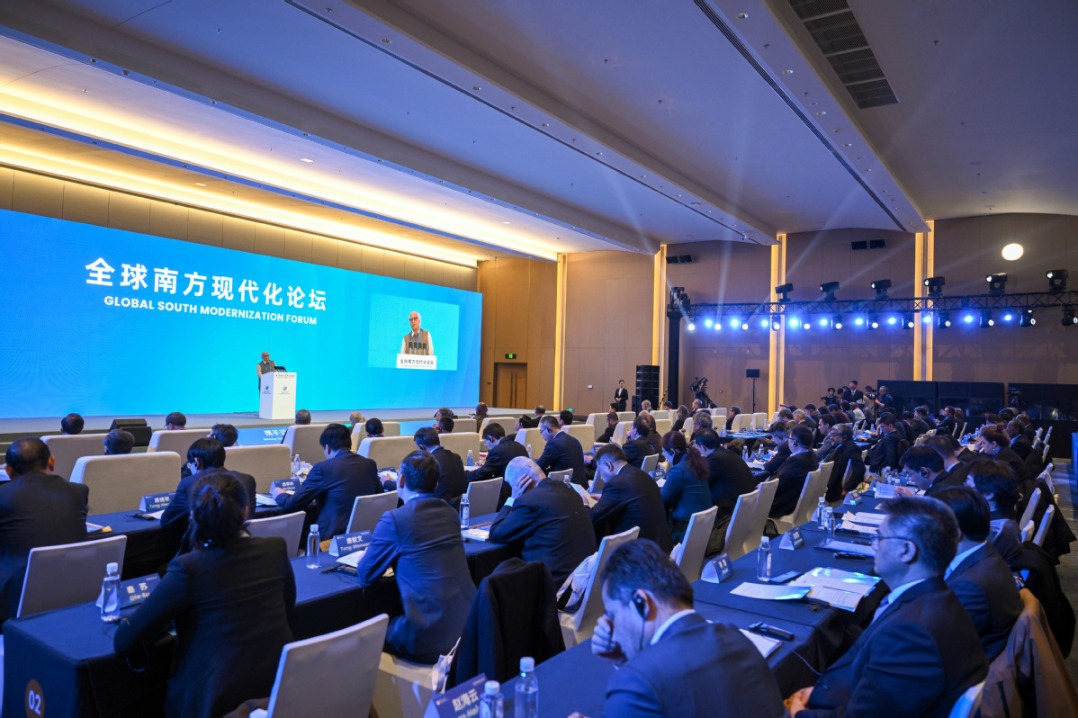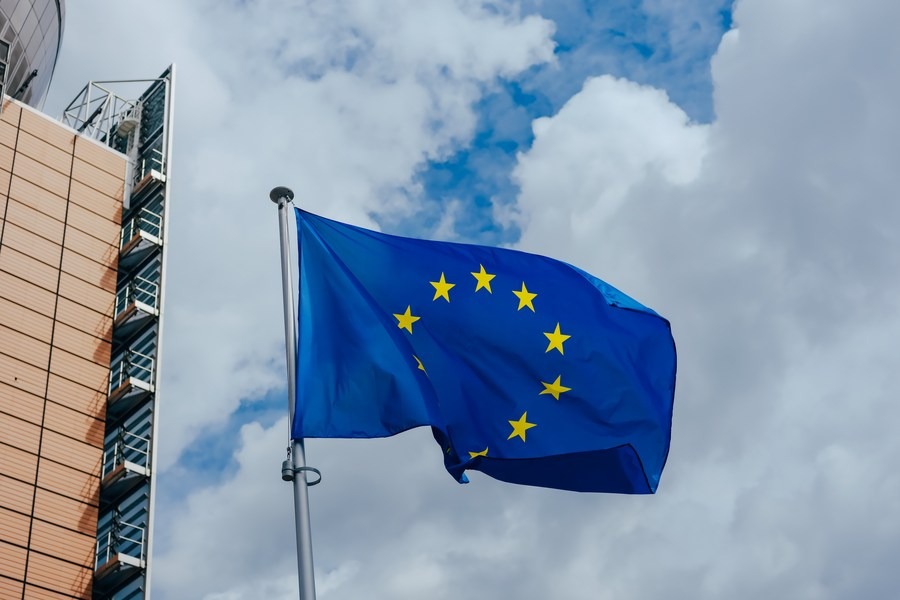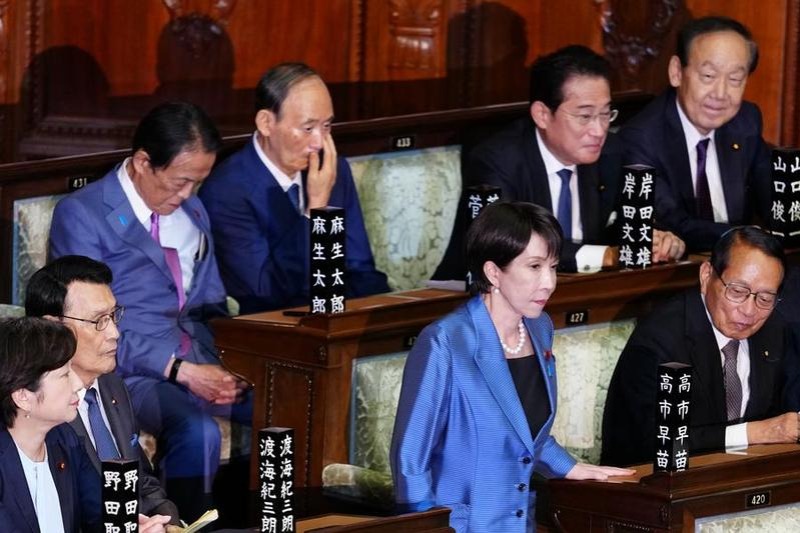G20 an opportunity to strengthen Sino-EU ties


The European Union has long described China as a "strategic partner", an "economic competitor" and a "systemic rival". This framing, set out in documents such as the EU-China 2020 Strategic Agenda for Cooperation, may seem contradictory, and to some extent it is. But it corresponds to the positions taken by EU representatives on China. On the one hand, they highlight the risks that Europe faces in economic engagement with China, and on the other they recognize the need for deeper cooperation with China as the country consolidates its position as a major player in the international geopolitical and geoeconomic landscape.
European Commission President Ursula von der Leyen captured this complexity at the EU Ambassadors Conference in Brussels in 2023: "Our relationship with China is one of the most intricate and important anywhere in the world. And how we manage it will be a determining factor for our future economic prosperity and national security." She stressed that the EU's approach must be based on de-risking, and not decoupling from China. The essential task, Von der Leyen argued, is to strengthen the international system itself so that competition and cooperation can coexist within robust institutions. This strategic line has been reaffirmed repeatedly, most recently at the 25th EU-China Summit in Beijing on July 24, 2025, which emphasized three priorities: economic rebalancing, strategic de-risking, and global cooperation.
On its part, China looks at this strategy with caution, emphasizing the importance of fair and nondiscriminatory practices. While negotiations for economic and trade agreements are important, in an international landscape undergoing profound tensions and changes, it is equally important to give greater weight to the third priority: global cooperation.
In this regard, both the EU and China have adopted the reform of the international multilateral system as a strategic objective of their policies, to promote more balanced, fair, widespread and sustainable development. Their efforts align with UN-approved frameworks such as the 2030 Agenda for Sustainable Development, the Pact for the Future adopted in 2024 and the Doha Political Declaration approved at the World Summit for Social Development in Qatar this year. Pursuing the objectives outlined by these common platforms offers a concrete opportunity for convergence of actions and strengthening mutual understanding and respect. What matters is the effort both partners are making on shared challenges, such as the fight against climate change, which is a global common good.
Like the European Green Deal, China also has a very ambitious green transition plan. The International Energy Agency estimates that China's total annual energy-sector investment could reach $640 billion by 2030 as part of its decarbonization plans. The share of low-carbon energy in the country is also expected to rise significantly by 2050 under current policy scenarios.
China's participation in and support to international forums such as BRICS and the Shanghai Cooperation Organization has buttressed its leading role in global cooperation efforts. These organizations, especially BRICS, have consistently endorsed reform of institutions such as the United Nations, the World Trade Organization and the International Monetary Fund, as highlighted in the final declarations approved at their annual summits. At the same time, they aim to strengthen a coordination body such as the G20, in which the EU also plays a primary role.
The final declaration of the last BRICS summit held in July 2025 under the Brazilian presidency reaffirmed that "we underscore the key role of the G20 as the premier global forum for international economic cooperation that provides a platform for dialogue of both developed and emerging economies… We recognize the importance of the continued and productive functioning of the G20, based on consensus and with a focus on result-oriented outcomes".
Considering China's significant influence and key role in the emerging coordination framework, there is reason to believe that global cooperation in EU-China relations can gain fresh impetus through the G20, a forum toward which BRICS and other institutions are also favorably oriented.
The author is the secretary-general of the Institute for Political, Economic and Social Studies (Eurispes) in Rome.
The views don't necessarily represent those of China Daily.
If you have a specific expertise, or would like to share your thought about our stories, then send us your writings at opinion@chinadaily.com.cn, and comment@chinadaily.com.cn.


































